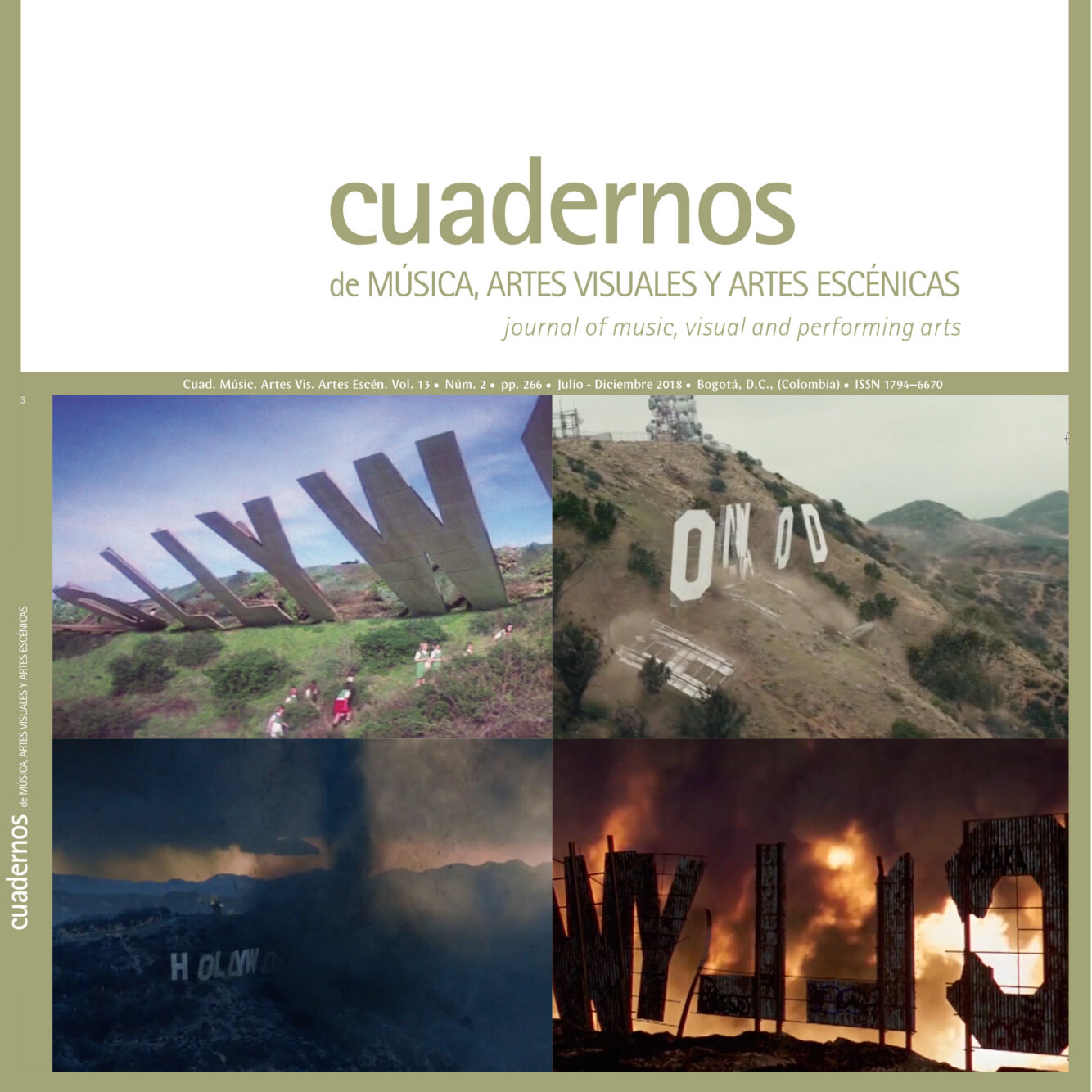Author:
Jeff Kaiser
Title:
Improvising Technology, Constructing Virtuosity
Abstract:
In this paper, I explore how contemporary musicians using electronic technologies in improvised music conceptualize skill and virtuosity in their musical practices. This includes ideas about the role and agency of technology, learned and repeatable physical skill, skill acquisition, skill transmission, and the projection of learned skill from traditional instruments onto new instruments. The musicians’ use of idiosyncratic and individually constructed instruments—instruments with little or no history of a performance practice—makes this field a rich resource to examine how such conceptions are developed. Among the musicians I interviewed, the relationship between physical skill and virtuosity is particularly contested. While they frequently value such skill, they also connect it to perceived excesses of certain factions within Western art music, jazz, and other established musical performance practices where physical skill can be conflated with (or considered as the primary element of) musical skill, writ large. This perception of the excess and the prioritization of physical skill have led some interviewed musicians to adopt antivirtuosity as a reactive counter-ideology or to explore the less tangible concepts of hearing, creativity, imagination, memory, novelty, innovation, and even ideas of management as constitutive of musical virtuosity and skill. This paper is part of a larger ethnographic examination of a diverse cross-section of contemporary musicians who improvise with new, repurposed, and reinvented electronic technologies, including Robert Henke (one of the original authors of the software package Ableton Live), guitarist Nels Cline (Wilco), composer and flute player Anne La Berge, and trumpeter/composer Wadada Leo Smith.
Download:
https://jeffkaiser.com/wp-content/uploads/2021/06/Improvising-Technology.pdf
Citation:
Jeff Kaiser, “Improvising Technology, Constructing Virtuosity,” Cuadernos de Música, Artes Visuales y Artes Escénicas 13, no. 2 (July 6, 2018): 87–96, https://doi.org/10.11144/javeriana.mavae13-2.itcv.
